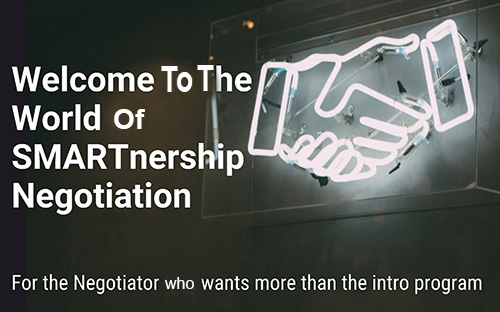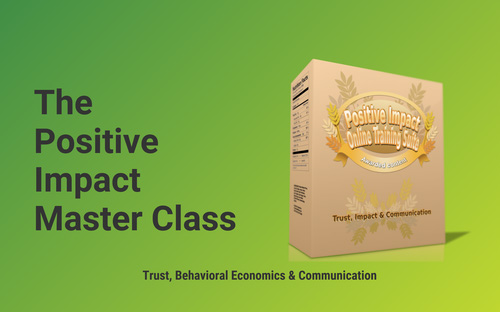
Do You Need Negotiation Training?
You negotiate on the telephone, face to face in the hallway, via email, Zoom and at meetings. Despite the frequency of negotiations, most organizations do not have a negotiation strategy or participated in negotiation training courses. This is the equivalent to not having a communication strategy, a legal strategy, a market strategy, an HR strategy, or even an annual budget—unthinkable in most organizations. But even so, most do not have a negotiation strategy! This is why, if you are familiar with the art of negotiation, you will be an asset to your organization.
Strength and Power in Negotiations
It may be tempting to use power and strength to win, especially if the imbalance between the parties is significant. Organizations such as IKEA, Tesco, Walmart, GM, Ford, Statoil, and Coca-Cola are giants compared to many of their business partners. The distance between the leader and its trading partners is enormous.
It can also be tempting to use power and strength in situations that prioritize short-term gains. But this comes at a price: an agreement in which others feel that they have been taken advantage of can be very short-lived.
The Handshake is Just the Beginning
Decide on the Conditions
In a negotiation training course you must understand how you can influence your counterpart, and vice versa. You must learn to say no and test limits without spoiling the relationship. You must be tough but flexible. You must understand when it is worthwhile to continue negotiating and when you must accept the situation as a lost cause.
If you broadcast the wrong signals, you risk not getting the result you’re looking for. Many negotiations, good or bad, are settled within the first 15 minutes of the meeting. If you show any weakness, your opponent will take advantage of you. If you show that you want to be combative, you create unnecessary blocks and conflicts, and lose the alternatives that could create a larger pie to share. If you do not dare to open up or listen, you will not start a dialogue, and you will not find the keys to unlock the situation.
How Do We Negotiate?
In the arena of negotiation, there are gains, costs, and risks; there are both hard and soft values. Not every variable can be converted into cash. For example, I may prefer to buy an Apple laptop rather than a Lenovo, but how much more am I willing to pay for it? I do not want the sales manager from a vendor’s organization to take part in a project. The last time a sales manager participated, my colleagues had significant problems with him—the personal chemistry did not work. But how do I measure and evaluate the risk he presents in monetary terms?
In order to get the largest share of the profit, while risking the least of your own resources, you have three different methods available:
Combative Negotiation/Zero-Sum Negotiation
- Assert a strong power position, or convince the opponent that you are strong, and then test the limits. Become good at manipulating and arguing, and prioritize short-term gains. People who use these techniques are combative negotiators, because they use aggressive behavior.
Partnership
- An alternative is to wait to share the pie. First, you must try to make it bigger by finding alternatives that will increase profit and reduce costs and risks. Use your energy to create a NegoEconomic™ solution. If the pie becomes big enough, there is a possibility that you will find a solution with two winners. Here you find cooperative negotiators.
SMARTnership™
- The third way is an approach in which dialogue and agreement about how to negotiate takes more time than the actual discussion on splitting the value. The parties have agreed on rules of the game, created trust and openness between them, and now work seamlessly as one, instead of against one another.
The Guarantor of Your Success
Annual International Speaking Engagements
International Books Published




















